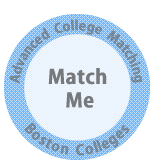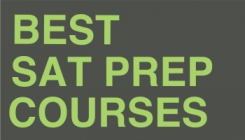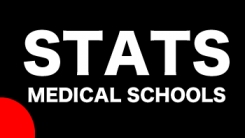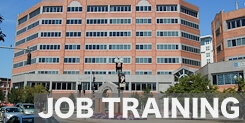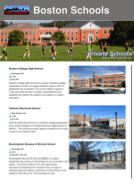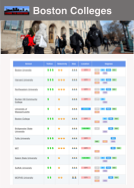In today's economy, a college degree and good job skills are important factors in your job prospects. Getting a degree or acquiring new job skills can not just positively affect your job satisfaction but also your income.
Career colleges offer programs that are geared towards learning specific job skills. They offer flexible schedules to accommodate students from all walks of life. Most career colleges are also quite affordable, and some even offer financial aid. Many have open admission, so qualifying is not hard. Career colleges generally offer a broad range of study areas and degree options, including courses in nursing, medical assistant, dental assistant, laboratory assistant, paralegal, criminal justice, early childhood education, human resources, and much more.
The following Boston colleges offer job training and career studies. They are listed in order of size, not rank. Please click on the name for more information. If you are not sure what Boston college you should choose, you may want to try our college search tools.
What to look for when choosing a career college
When choosing a career college, start by ensuring the school is properly accredited by a recognized agency. Accreditation confirms that the college meets educational standards and can impact your eligibility for federal financial aid. Look for programs that align closely with your specific career goals and offer hands-on training, internships, or certifications required in your chosen field. It’s also important to review graduation and job placement rates—these figures can give you insight into how well the college prepares students for real-world employment. Ask if the school provides career services, such as résumé assistance, job fairs, or connections with local employers.
Cost is another crucial factor. Make sure you understand the full price of the program, including tuition, fees, books, and supplies, and compare it to the average starting salary in your field to evaluate the return on investment. If you're working or have other obligations, consider whether the college offers flexible scheduling options like evening, weekend, or online classes. Finally, take time to read student reviews and speak with alumni if possible to get a sense of the school's reputation, support services, and learning environment. A good career college should provide both the training and the resources to help you succeed in the job market.



